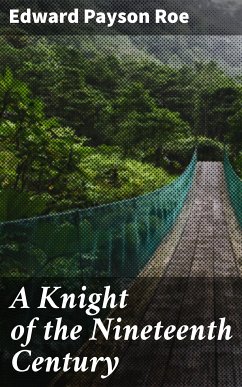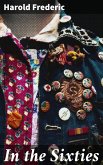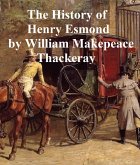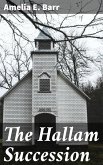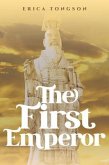Set against the backdrop of a rapidly changing America in the late 19th century, Edward Payson Roe's "A Knight of the Nineteenth Century" presents a rich tapestry of social commentary woven with romance and adventure. The narrative follows the life of a principled young man, grappling with themes of honor, virtue, and the evolving morals of his time. Roe's prose marries sentimentality with realism, reflecting the romantic ideals of chivalry while critiquing contemporary society's complexities, particularly regarding social class and individual integrity. This novel encapsulates the Victorian preoccupation with ethical dilemmas and personal sacrifice, offering a poignant exploration of what it means to be noble in a modern world. Roe, a notable figure in American literature, was deeply influenced by the societal transformations of his era, including the Civil War and industrialization. As a soldier, author, and cleric, his diverse experiences enriched his writing, allowing him to delve into the psyche of a post-war society seeking redemption and purpose. His background in agriculture and sociology also informs the nuanced portrayal of his characters and their struggles, making his work resonate with authenticity. Readers seeking a blend of romantic adventure and moral introspection will find "A Knight of the Nineteenth Century" an enlightening journey. Roe's keen insight into the complexities of human experience suggests that nobility transcends time, urging contemporary readers to reflect on their own values in an ever-evolving world. This novel invites you to embrace its themes, making it a worthwhile addition to your literary repertoire.
Dieser Download kann aus rechtlichen Gründen nur mit Rechnungsadresse in A, B, BG, CY, CZ, D, DK, EW, E, FIN, F, GR, H, IRL, I, LT, L, LR, M, NL, PL, P, R, S, SLO, SK ausgeliefert werden.

